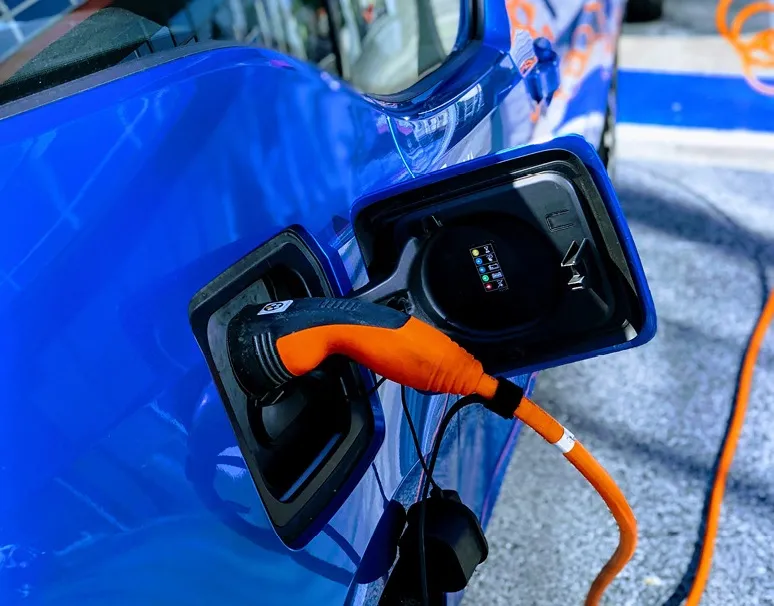The United Nations predicts a near doubling of city dwellers by 2050 and the Institute of Electrical and Electronics Engineers (IEEE) is inviting municipalities preparing for an increase in urban residents to join its Smart Cities Initiative.
A municipality selected for the Initiative will have the opportunity to work with a team of IEEE experts who will collaborate with members of the public, private and volunteer sectors to explore the issues and address what’s needed to prepare for ever-increasing urb
March 27, 2014
Read time: 2 mins
The United Nations predicts a near doubling of city dwellers by 2050 and the Institute of Electrical and Electronics Engineers (6781 IEEE) is inviting municipalities preparing for an increase in urban residents to join its Smart Cities Initiative.
A municipality selected for the Initiative will have the opportunity to work with a team of IEEE experts who will collaborate with members of the public, private and volunteer sectors to explore the issues and address what’s needed to prepare for ever-increasing urban population growth. The effort in each selected municipality will consist of an inaugural workshop, graduate student support (PhD and Masters), funding to develop content for Massive Open Online Courses (MOOCs), organisation of an international conference on Smart Cities, and access to IEEE distinguished lecturers. Focusing on the particular thematic issued from their on-going Smart city process, the selected municipalities will get the opportunity to join the active community of the 10 cities that IEEE aims to engage in developed and developing countries through 2016.
“Designing successful and sustainable Smart cities requires careful planning about citizens’ energy, water, transportation, communications and public health and safety,” said Gilles Betis, chair of the IEEE Smart Cities Initiative. “IEEE has cultivated a powerful and talented brains trust that can assist municipalities in addressing all essential services that need to be managed in unison, to support the smooth operation of critical infrastructure while providing a clean, economic and safe environment for inhabitants to live, work and play.”
Municipalities interested in formally engaging in the IEEE Smart Cities Initiative can download an application form at http://smartcities.IEEE.org. The deadline to submit completed applications is Friday 16 May 2014. Successful applicants who meet the criteria will provide clear, compelling evidence that the municipality is well-positioned to utilise the resources offered through the IEEE Smart Cities Initiative, that its evolution into a Smart city has the potential to substantially enhance a city's capacity to act on key issues, and that the city can demonstrate plans to invest human and financial capital into the project.
A municipality selected for the Initiative will have the opportunity to work with a team of IEEE experts who will collaborate with members of the public, private and volunteer sectors to explore the issues and address what’s needed to prepare for ever-increasing urban population growth. The effort in each selected municipality will consist of an inaugural workshop, graduate student support (PhD and Masters), funding to develop content for Massive Open Online Courses (MOOCs), organisation of an international conference on Smart Cities, and access to IEEE distinguished lecturers. Focusing on the particular thematic issued from their on-going Smart city process, the selected municipalities will get the opportunity to join the active community of the 10 cities that IEEE aims to engage in developed and developing countries through 2016.
“Designing successful and sustainable Smart cities requires careful planning about citizens’ energy, water, transportation, communications and public health and safety,” said Gilles Betis, chair of the IEEE Smart Cities Initiative. “IEEE has cultivated a powerful and talented brains trust that can assist municipalities in addressing all essential services that need to be managed in unison, to support the smooth operation of critical infrastructure while providing a clean, economic and safe environment for inhabitants to live, work and play.”
Municipalities interested in formally engaging in the IEEE Smart Cities Initiative can download an application form at http://smartcities.IEEE.org. The deadline to submit completed applications is Friday 16 May 2014. Successful applicants who meet the criteria will provide clear, compelling evidence that the municipality is well-positioned to utilise the resources offered through the IEEE Smart Cities Initiative, that its evolution into a Smart city has the potential to substantially enhance a city's capacity to act on key issues, and that the city can demonstrate plans to invest human and financial capital into the project.










